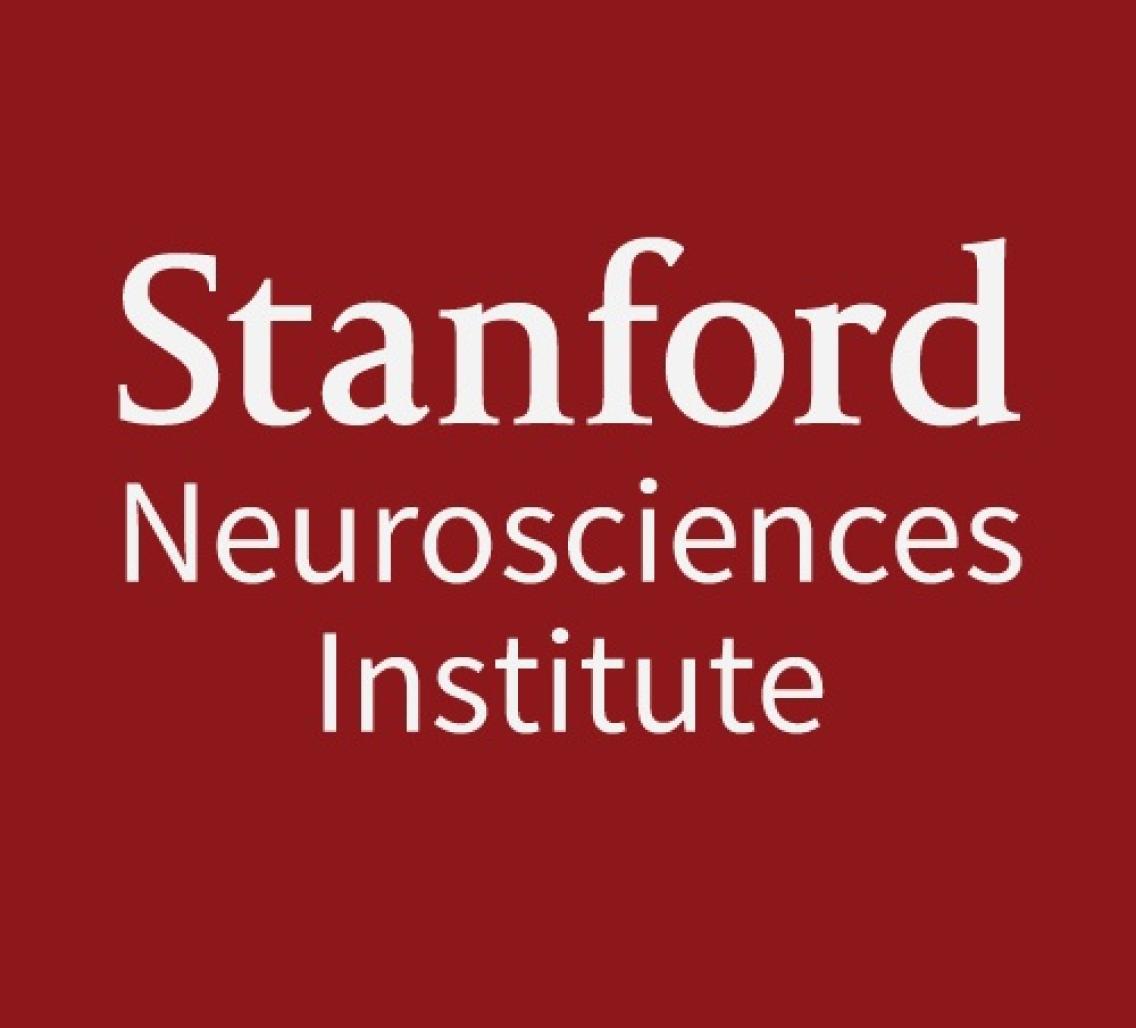Event Details:

Stanford Neurosciences Institute Seminar Series Presents
Transcriptional and epigenetic mechanisms of depression
Eric Nestler, M.D, Ph.D.
Professor & Chair Neuroscience, Pharmacology and Systems Therapeutics, and Psychiatry, Director Friedman Brain Institute, Mt. Sinai
Host: Rob Malenka
Abstract
Depression is a common, chronic, and debilitating disease. Although many patients benefit from antidepressant medications or other therapies, only about half of depressed patients show a complete remission, which underscores the need for more effective agents. The mechanisms that precipitate depression, such as stress, are incompletely understood. One mystery of the disease is its long-lasting nature and delayed response to antidepressant treatment. This persistence is thought to be mediated by slowly developing but stable adaptations in the brain, which might include regulation of gene expression and chromatin structure.
We have used chronic social defeat stress as an animal model of depression that mimics certain symptoms of human depression. Prolonged exposure to an aggressor induces lasting changes in mouse behavior such as social avoidance, which are reversed by chronic (but not acute) treatment with available antidepressants. Importantly, roughly one-third of mice subjected to social defeat stress do not exhibit these deleterious behaviors and appear “resilient.” We are exploring the molecular basis of defeat-induced behavioral pathology, antidepressant action, and resilience by analyzing genome-wide changes in gene expression and chromatin modifications. Our work to date has focused on the nucleus accumbens, a key brain reward region implicated in aspects of depression, as well as several other limbic brain regions. Parallel work has focused on homologous regions in the brains of depressed humans examined postmortem.
Together, this work is providing novel insight into the molecular mechanisms underlying depression and other stress-related disorders. The findings also suggest novel leads for the development of new antidepressant treatments. For example, our findings on resilience suggest the novel approach of developing medications that promote resilience and not just those that oppose the deleterious effects of stress.
Recent Papers:
[1] ß-catenin mediates stress resilience through Dicer1/microRNA regulation Caroline Dias, et. al. Nature. 2014 Dec 4;516:51-55. doi:10.1038/nature13976
[2] Distinct basal ganglia circuits controlling behaviors guided by flexible and stable values HaoSheng Sun, et. al. Nature Medicine. 2015 Feb 9;21:1146-53. doi:10.1038.nm.3939
A conversation with Eric Nestler and the Stanford group NeuWrite West can be streamed or downloaded: Nestler Conversation